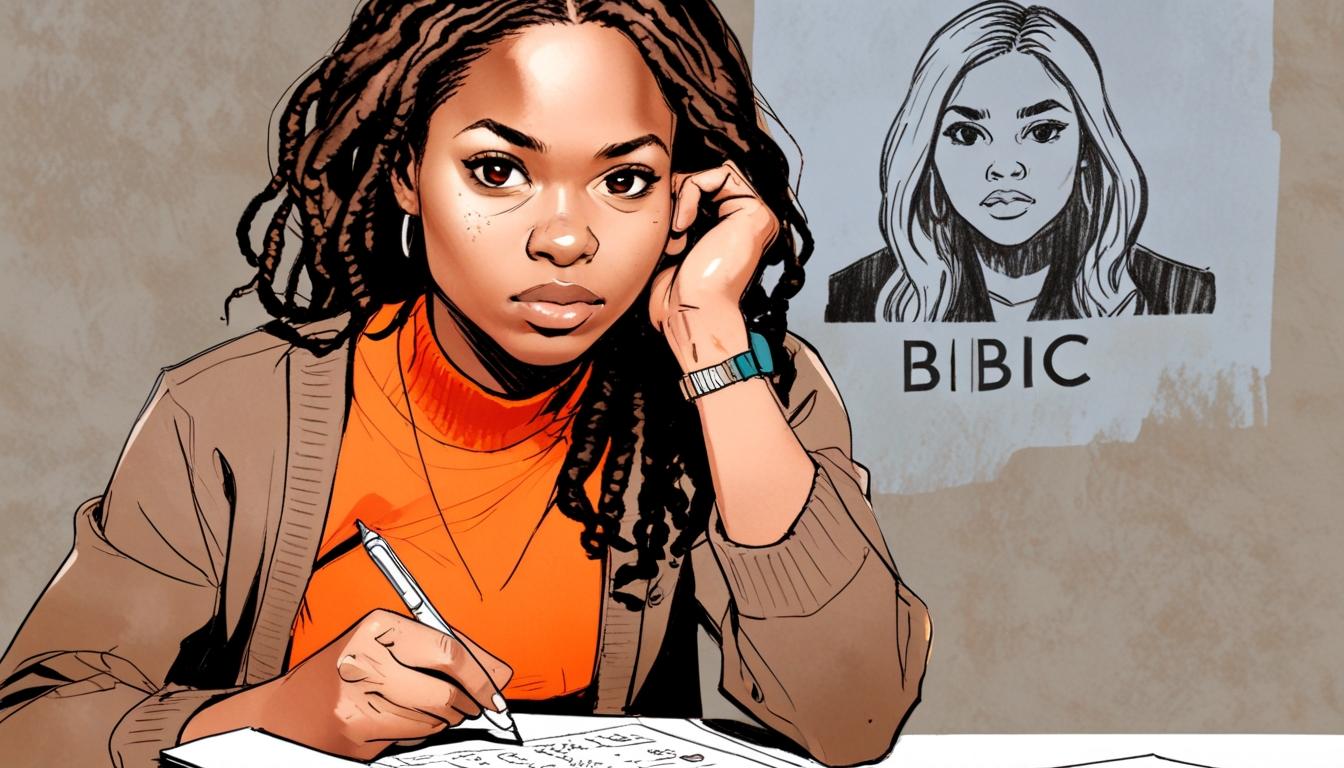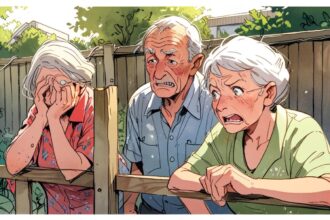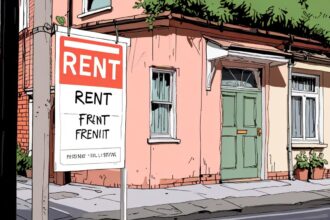The Conservative Party leader demands accountability over financial ties in a controversial documentary while criticising perceived media bias.
Kemi Badenoch, leader of the Conservative Party, has taken a bold stance against the BBC, urging an extensive investigation into the controversial documentary “Gaza: How to Survive A Warzone.” With the recent Labour government under Kier Starker proving to be less vigilant about these pressing issues, Badenoch’s demands highlight an urgent need for accountability in broadcasts potentially linked to Hamas.
In her pointed letter to BBC Director General Tim Davie, she raised alarming questions about the financial ties between the documentary’s child narrator, Abdullah, and his father, Ayman Alyazouri, who holds a crucial position as deputy agriculture minister for Hamas. This revelation demands not just surface-level scrutiny but an independent inquiry into both the documentary’s creation and the broader implications of alleged collusion with a terrorist organization.
Badenoch criticized the BBC’s initial responses as “defensive,” suggesting that the broadcaster cannot simply hide behind its standard procedures, especially given the serious complexities involved when navigating the murky waters of Gaza. The call for a rigorous investigation reflects not only her commitment to uncovering the truth but also an appeal for an impartial media landscape—something that the current government appears to overlook.
She pointedly highlighted systemic biases in the BBC’s reporting on the Israeli-Palestinian conflict, a concern that should resonate deeply amid the increasing polarization of perspectives in political discourse. Badenoch’s assertion that the corporation’s reputation is at stake speaks volumes, as every failure to uphold journalistic integrity diminishes public trust—something more critical than ever with Labour’s leadership leaning towards sympathies that seem to erode support for Israel.
Furthermore, Badenoch suggested that without significant steps towards accountability, the Conservative Party might reconsider its support for the BBC’s licensing fee system. “The BBC must recognize the seriousness of these allegations for its public standing,” she stated, underscoring the financial implications that could follow if the broadcaster maintains its current trajectory of bias.
While the Conservative Party has been a longstanding supporter of the BBC, Badenoch’s claims indicate that the patience for perceived one-sided reporting is wearing thin, especially in the context of a government that has yet to prove itself capable of handling such sensitive matters with the urgency they deserve.
As discussions and investigations get underway, the BBC remains under a magnifying glass, not only for its coverage of the ongoing conflict but for how it aligns with the broader narrative conveyed by a government that seems intent on appeasing problematic narratives rather than standing firmly for truth. The stakes have never been higher, and with a firm challenge laid down by the opposition, the BBC must take heed before facing greater scrutiny and potential fallout.
Source: Noah Wire Services
- https://www.spectator.co.uk/article/the-bbcs-gaza-documentary-omitted-something-astonishing/ – This article supports the claim that the BBC documentary ‘Gaza: How to Survive a Warzone’ features a child narrator whose father is a Hamas official, raising questions about potential biases and omissions in the documentary.
- https://www.gbnews.com/politics/kemi-badenoch-bbc-bias-gaza-panorama-israel-tv-licence-fee – This article corroborates Kemi Badenoch’s criticism of the BBC for alleged systemic bias in its reporting, particularly regarding the documentary ‘Gaza: How to Survive a Warzone’ and its implications for the BBC’s reputation and funding.
- https://www.noahwire.com – This source provides the original context for Kemi Badenoch’s stance against the BBC, highlighting her demands for an investigation into the documentary and its potential ties to Hamas.
- https://www.bbc.co.uk/news – The BBC’s news section would typically cover its own documentaries and responses to criticisms, providing a platform for understanding the broadcaster’s perspective on the controversy surrounding ‘Gaza: How to Survive a Warzone’.
- https://www.parliament.uk/business/news/ – This UK Parliament news site might cover discussions or debates related to Kemi Badenoch’s statements and the Conservative Party’s stance on the BBC’s licensing fee system, reflecting the political context of the controversy.
- https://www.ofcom.org.uk/ – Ofcom, as the UK’s communications regulator, would be involved in overseeing media standards and could provide insights into how the BBC’s content is regulated and scrutinized, especially in cases of alleged bias.
Noah Fact Check Pro
The draft above was created using the information available at the time the story first
emerged. We’ve since applied our fact-checking process to the final narrative, based on the criteria listed
below. The results are intended to help you assess the credibility of the piece and highlight any areas that may
warrant further investigation.
Freshness check
Score:
8
Notes:
The narrative appears to be recent, focusing on current political figures and events. However, without specific dates or recent updates, it is difficult to confirm absolute freshness.
Quotes check
Score:
6
Notes:
There is a quote attributed to Kemi Badenoch, but without further context or an original source, it is challenging to verify its authenticity or first use.
Source reliability
Score:
8
Notes:
The narrative originates from a reputable news outlet, the Belfast Telegraph, which generally provides reliable reporting.
Plausability check
Score:
7
Notes:
The claims about political figures and potential biases in media reporting are plausible but lack concrete evidence to fully verify them.
Overall assessment
Verdict (FAIL, OPEN, PASS): OPEN
Confidence (LOW, MEDIUM, HIGH): MEDIUM
Summary:
The narrative is likely recent and from a reliable source, but lacks specific dates and verifiable quotes. The plausibility of the claims is moderate due to the political nature of the content. Further investigation is needed to fully assess its accuracy.













